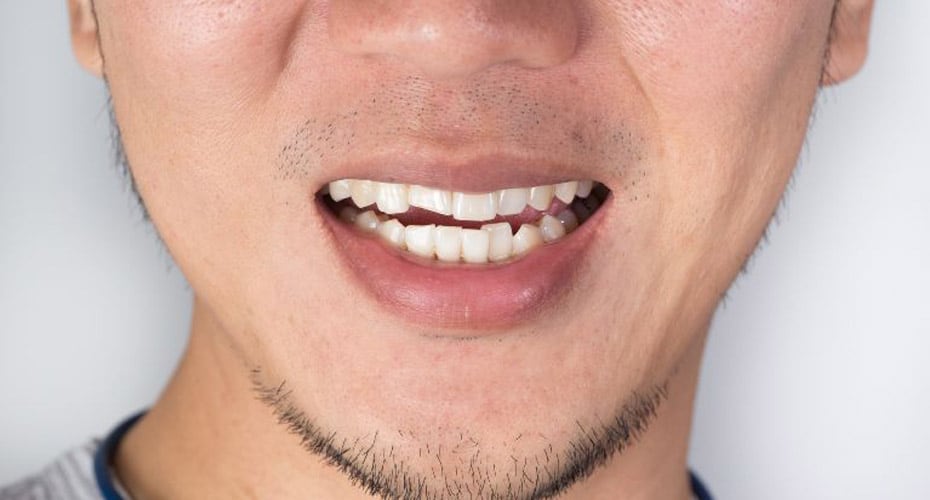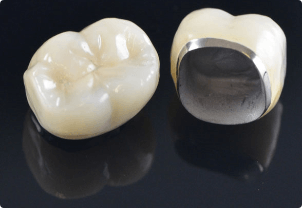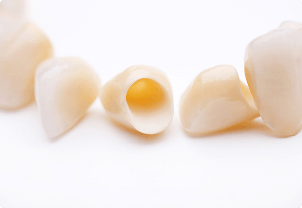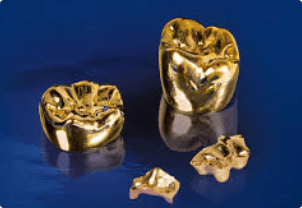It is common to experience a “dry socket” after tooth extraction. A common belief is that dry sockets occur when a blood clot has failed to form in the hole left after extracting the tooth. Or the blood clot that did form has been dislodged.
This can interrupt the healing process as the formation of a blood clot plays an important part. Dry sockets are mostly associated with complex tooth extractions or ones that have been traumatic in nature. An extraction that involves the removal of bone from around a tooth in order for the dentist to access it would be considered to be more traumatic in nature than one in which this step would not be required.
You can reduce the chances of developing a dry socket by following your dentist’s recommendations. Dry sockets are more common in women (even more so in women using oral contraceptives), people above the age of 30, and smokers.
Dry sockets manifest themselves in a form of dull throbbing pain. This usually appears three or four days after the extraction of a tooth. The pain can be moderate to severe and often seems to radiate from the area of the site to the ear. Dry sockets typically create a foul odour or bad taste.
If you can see down into the socket and you can see exposed bone that appears “dry” without pus, then you’re likely to have a dry socket. Most times a
dentist will place a medicated dressing into a dry socket as a way to help soothe and moderate the pain.
The dressing should be replaced every 24 hours until the symptoms subside, which can, in some cases, take several days.
If the pain persists and disrupts your daily life, it's crucial to seek immediate attention. Contact our emergency dentist at MGA Dental for prompt and effective relief. Don't let discomfort linger—your oral health is our priority.







